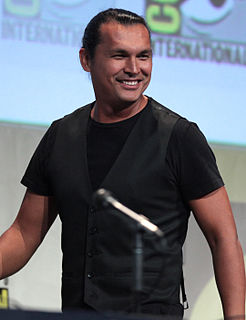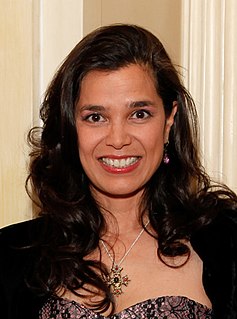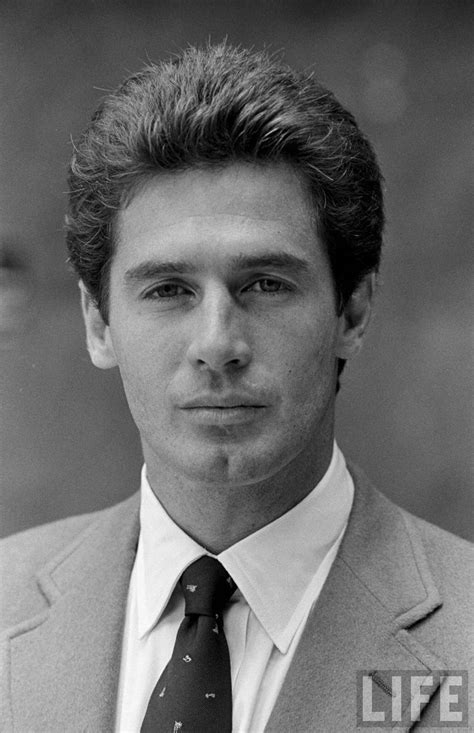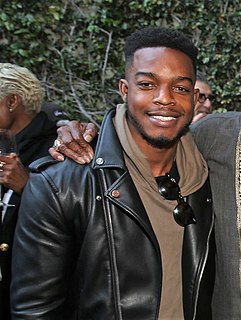A Quote by Bill Cosby
Those who criticize our generation forget who raised it.
Quote Topics
Related Quotes
Every generation wants to be the last. Every generation hates the next trend in music they can't understand. We hate to give up those reins of our culture. To find our own music playing in elevators. The ballad for our revolution, turned into background music for a television commercial. To find our generation's clothes and hair suddenly retro.
One of the basic things we should avoid is to criticize others. Better to criticize yourself. Criticize yourself, criticize your brothers and sisters, criticize your country, criticize all the habits you have and laugh at yourself, is the best way. If you know how to laugh at yourself then you will not object or will not stand in the way of any creativity of another person.
Those traumas when it comes to the historical past generation to generation; our children, our grandchildren, our future grandchildren learn these behaviors. We have to know that they exist and we have to take care of those traumas and learn to heal from them. This movie shows that perspective from Scott's character, and I love it. It shows the American Indians as the ones who respect and help out when people are needed. It's a nice little twist.
As conscious adult women, if we really do care about the state of girls and women worldwide, we need to train this next generation of girls because they are going to be the ones taking over and they are going to be the ones that shift this paradigm. Unfortunately for our generation, we've been raised in a society where greed trumps all. In other words, where the bottom line is money...where money affects how we perceive each other, and how we perceive ourselves and our value. We need to break that now with this younger generation.
There are among us those that would criticize our Confederate ancestors. Would you allow a stranger to come into your house and criticize your little ones? I say it's not whether we should be ashamed of our fathers and mothers of the Old Confederacy. I say it's a question of whether they should be ashamed of us.
I realize the importance of retelling those stories is so that, one, we don't forget what our ancestors had to do so we can be where we are, and two, to just educate the newer generation. I'm being educated by all these films ['Race' and 'Selma'] and the things I've had the opportunity to be a part of, and kids even younger than me are being educated, too. It's important to make sure those stories never die.
My generation those who were students in the late 60s was always, in the words of the Who, talking about our generation. That's what we thought of ourselves, as the most important thing since sliced bread. And the "we" that we meant was really the Western Europeans and American generation. And as I think back I suppose I have a sense of guilt on behalf of my generation, a sense that we were terribly provincial and didn't understand the really important stuff that was going on in Eastern Europe.
The thing we need to work on as a country is our educational system. To me, that is something that our generation needs to be focused on. To make sure that for our next generation, every child - no matter what background, no matter what ethnicity, no matter whether they're whatever gender - that they are all educated to have real equal opportunity. That's number one for me. But I have no question that if it's not our generation that will make sure that that happens that it will be our children's generation.


































